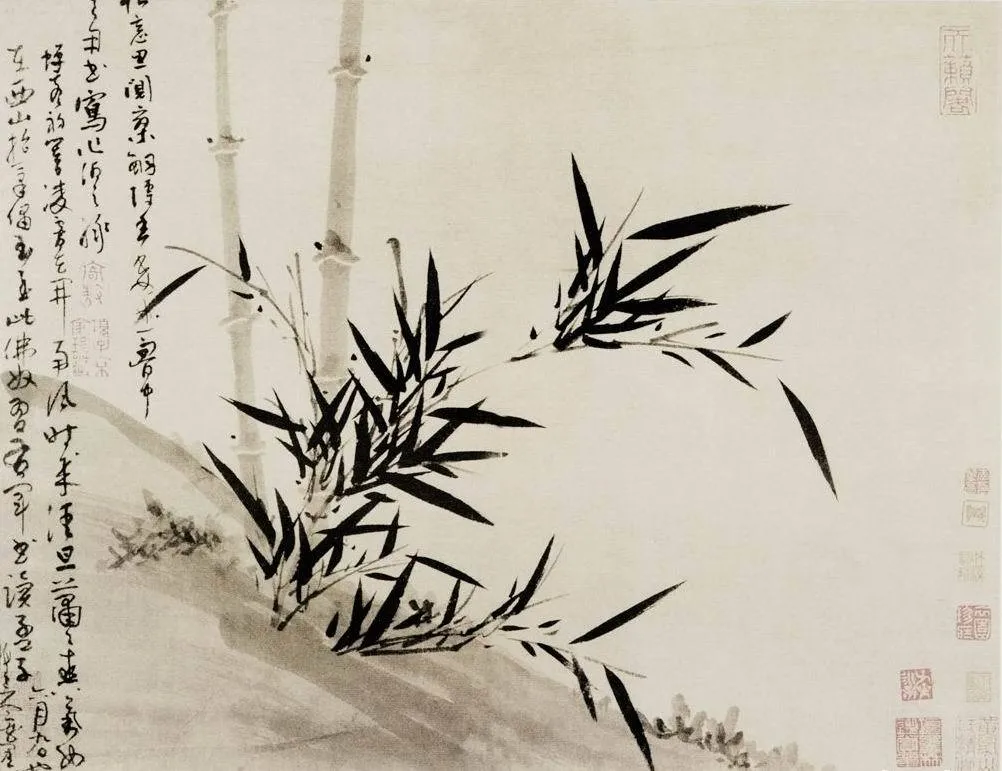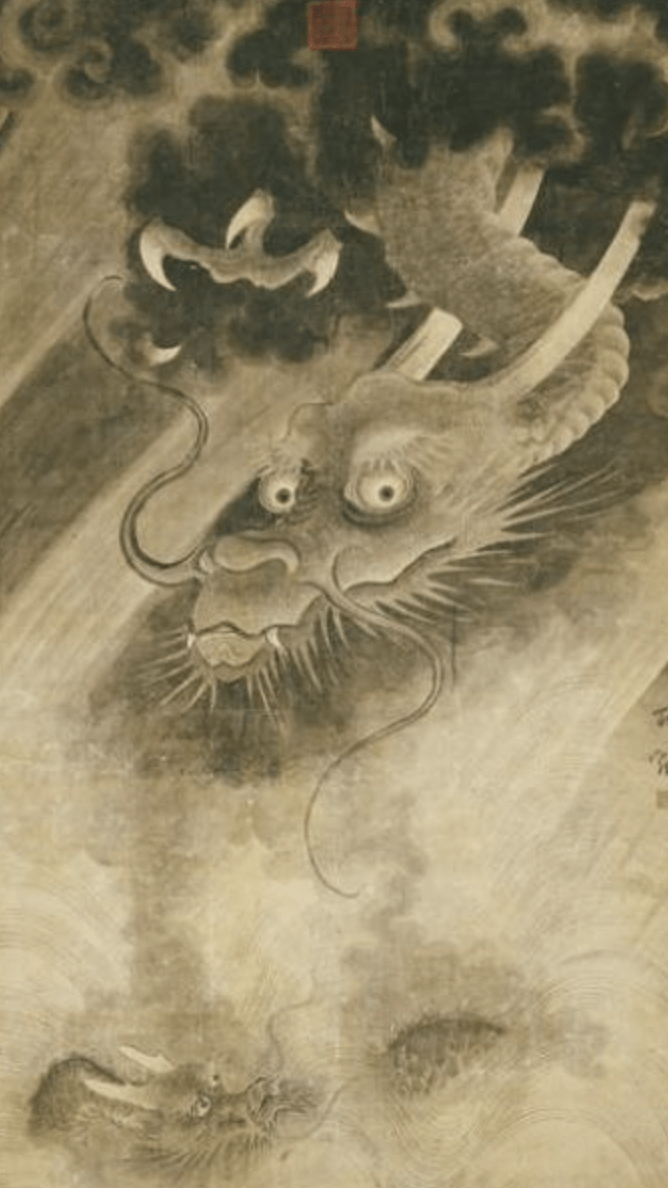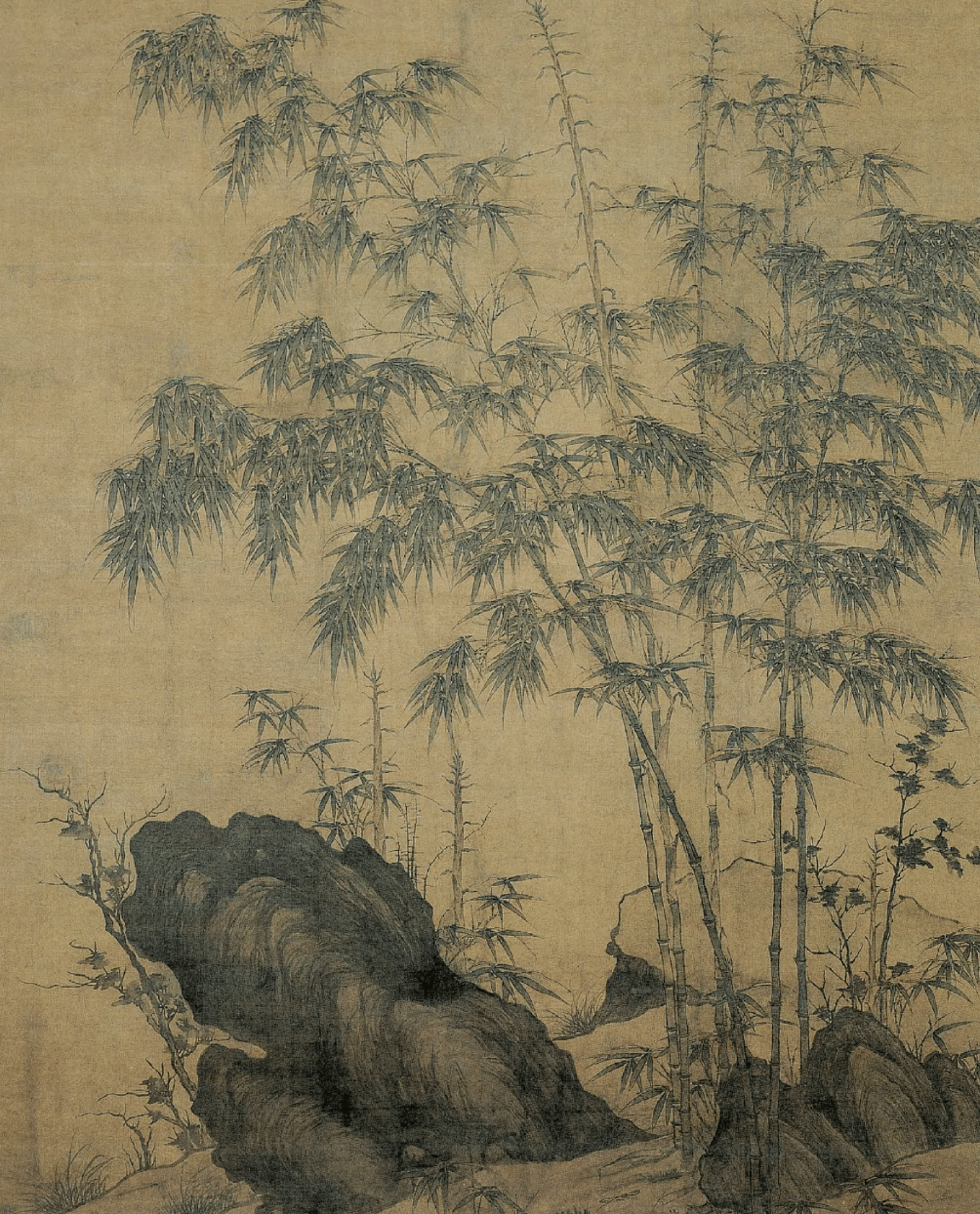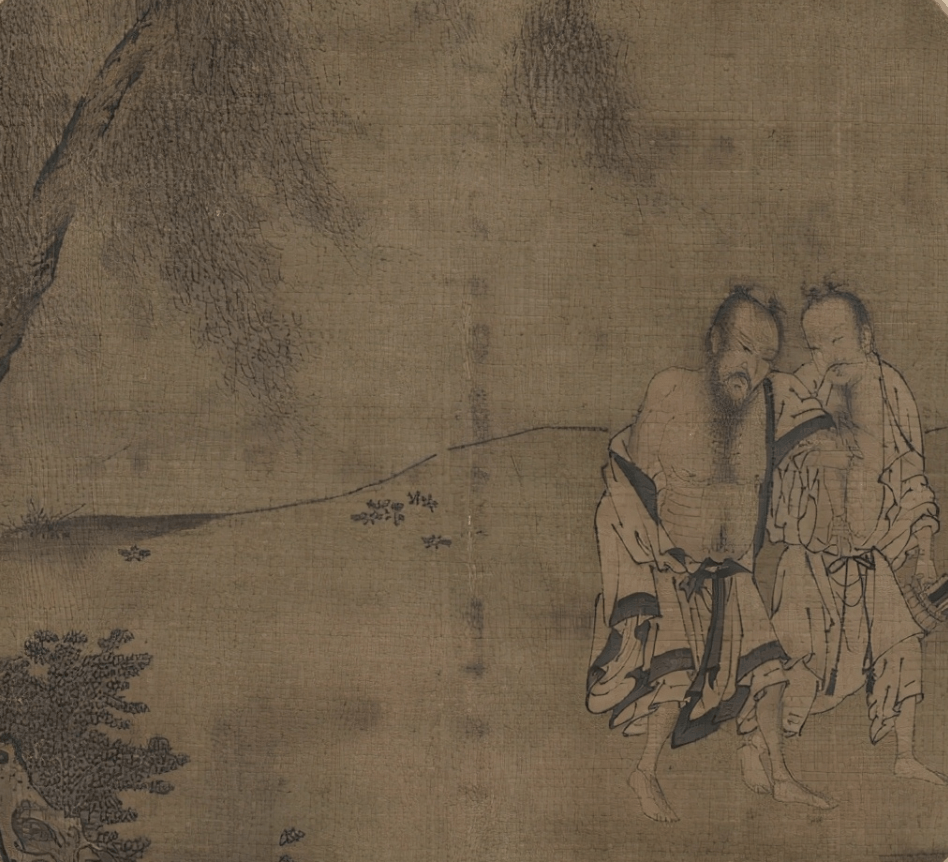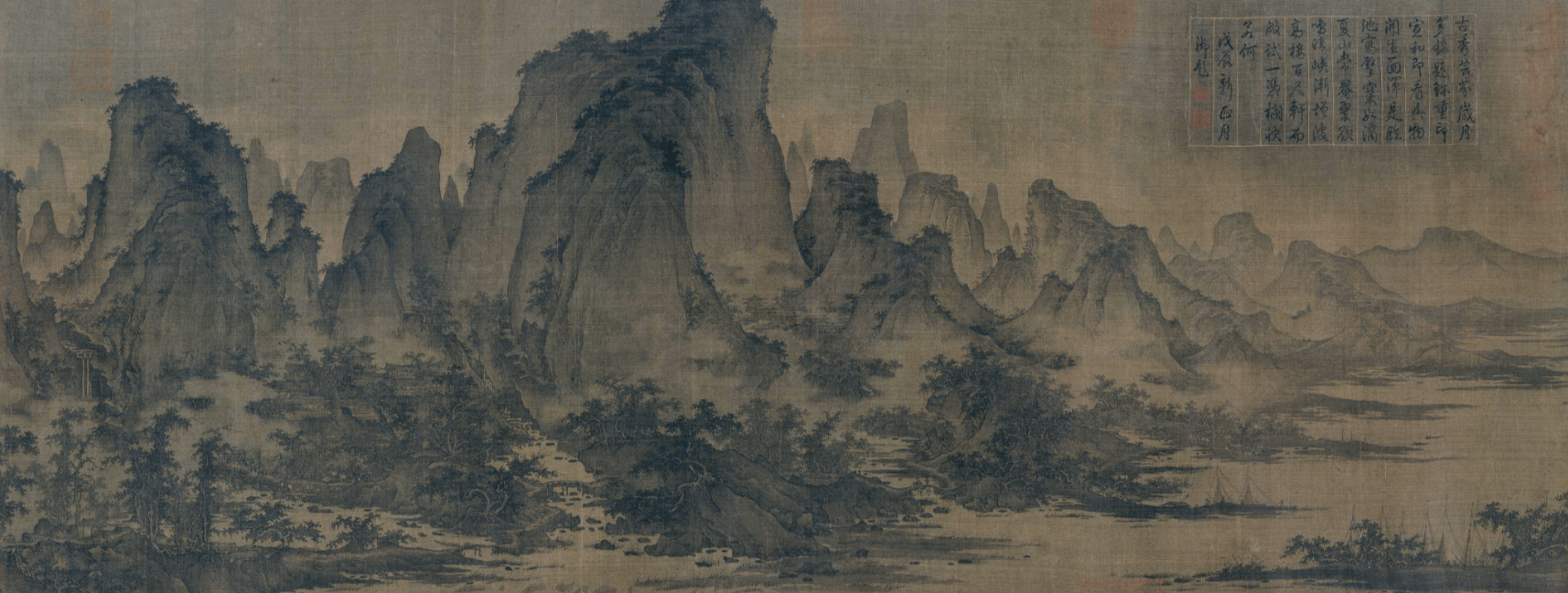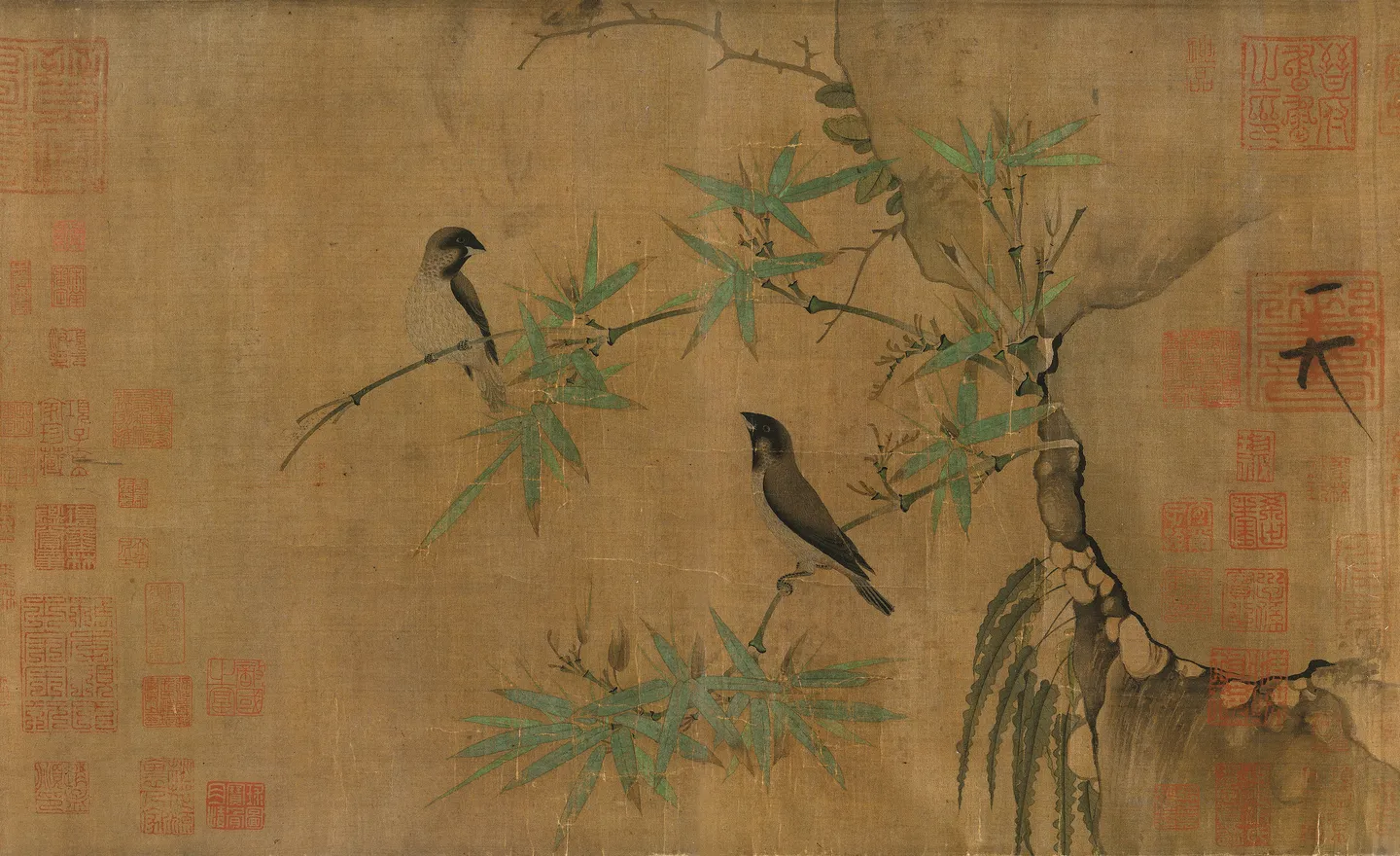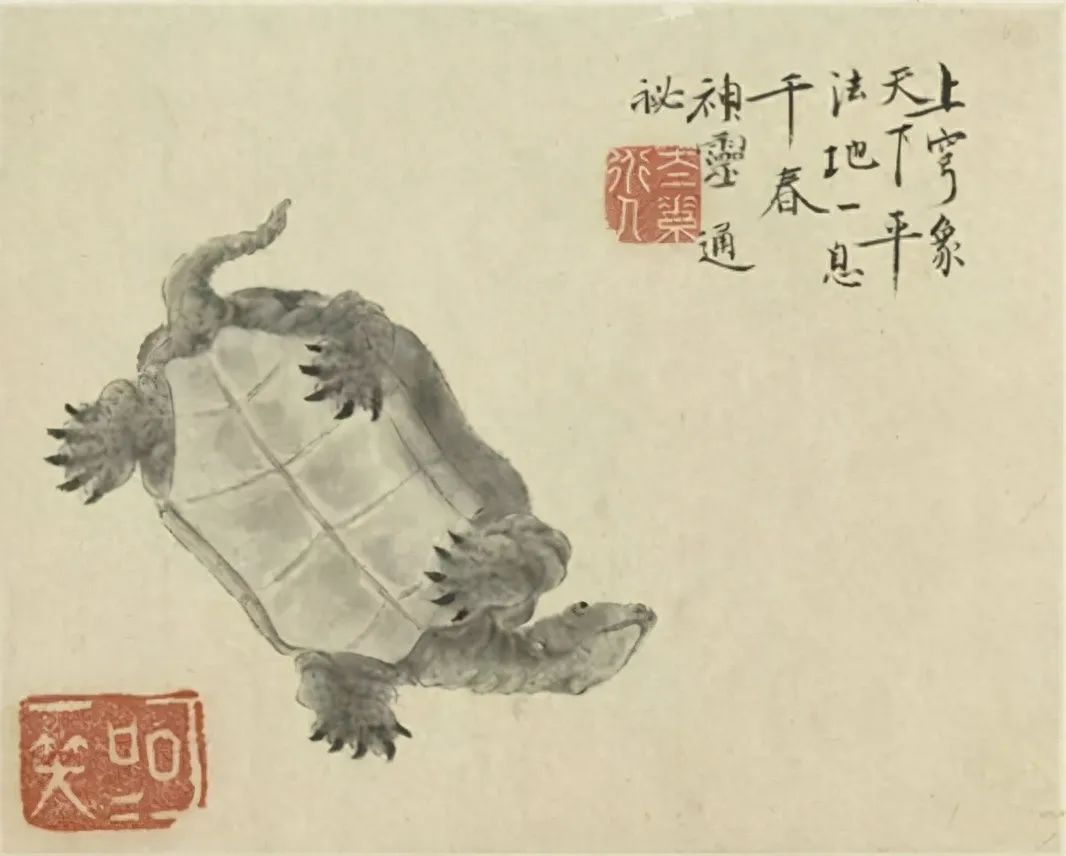Infatuated Ghost’s Love for His Wife
In the capital, there was an elderly woman who could see ghosts. She once told people, “I once saw a ghost at a certain family, utterly infatuated to the extreme. However, the situation was pitiful, evoking a poignant and touching feeling. The ghost’s name was unknown, residing in a certain village. The family was moderately well-off, and the ghost died at the age of around twenty-seven or twenty-eight. About a hundred days after his death, the deceased’s wife invited me to accompany her.

